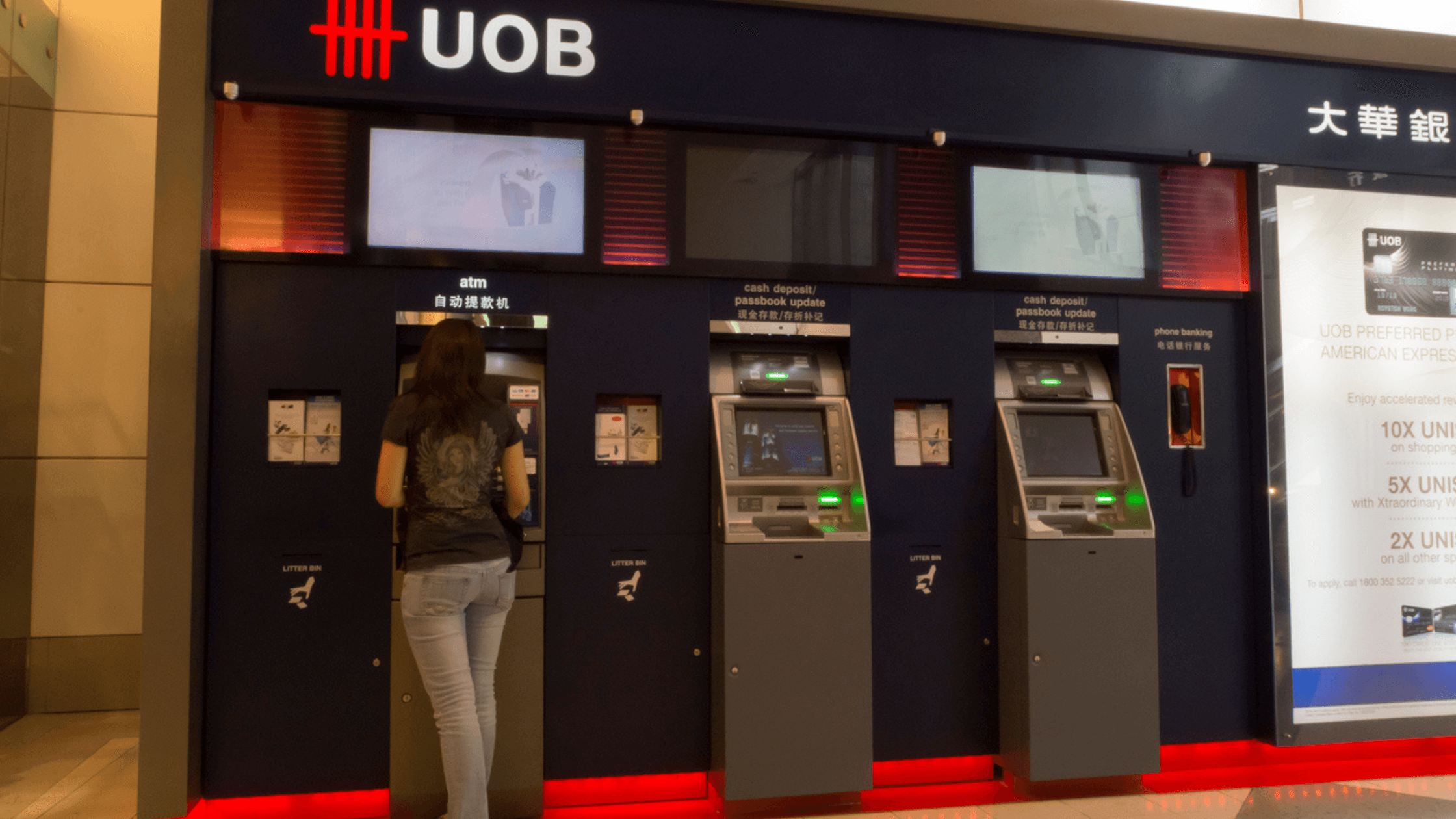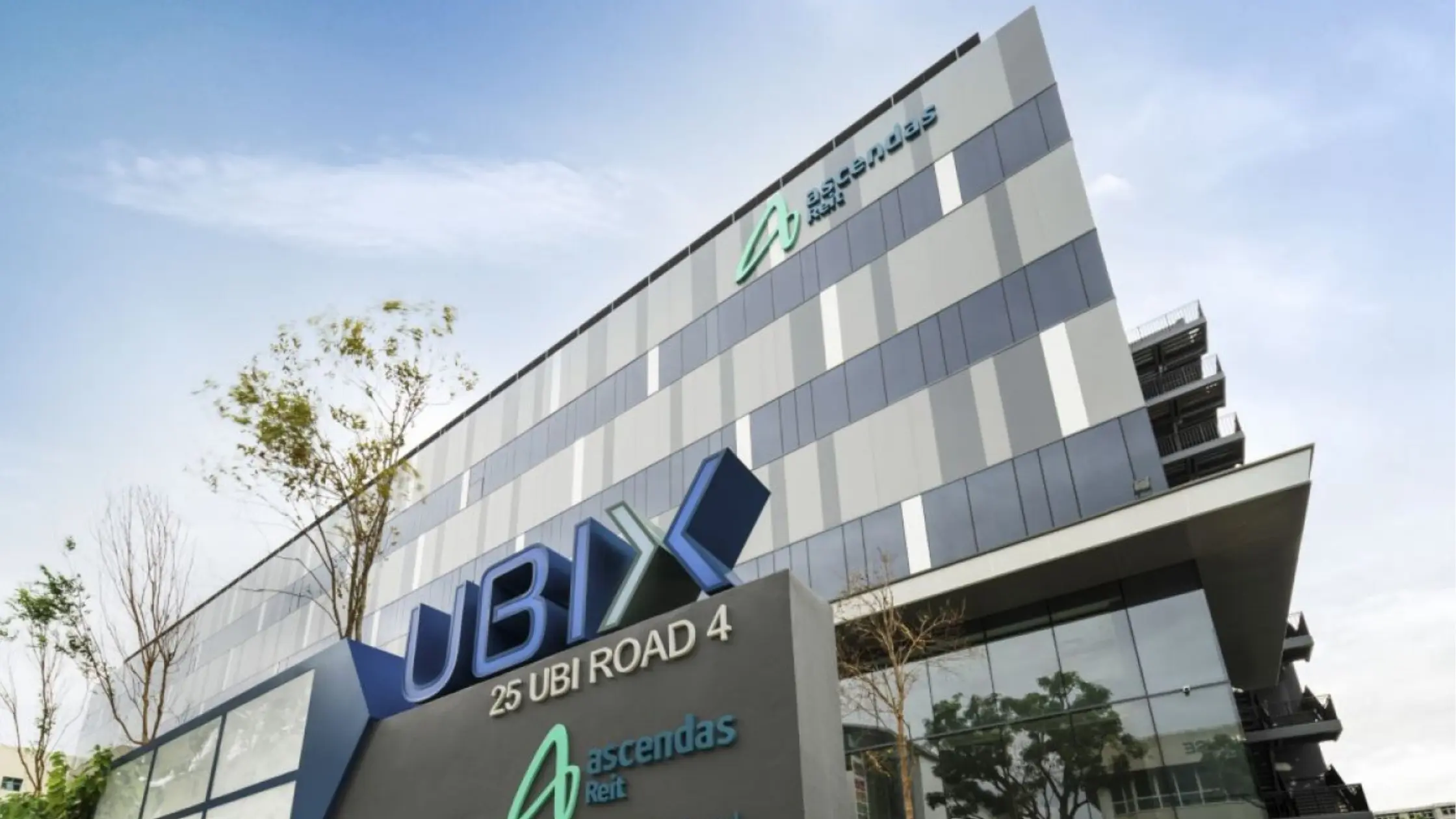The Monetary Authority of Singapore (MAS) has recently announced the maintenance of its existing policy regarding the Singapore dollar nominal effective exchange rate (S$NEER) in its January 2024 monetary policy statement. This decision is critical in understanding the potential impacts on Singapore’s economy and stock market, especially considering the strategic sectors that may benefit from it.
Key Highlights of MAS’s Policy:
- Stability in Monetary Policy
MAS has maintained a stable approach by keeping the S$NEER policy band unchanged. This indicates a focus on ensuring the continued strength of the Singapore dollar, which is vital for investor confidence.
The policy aims to manage imported inflation and domestic cost pressures. This is essential for maintaining medium-term price stability, a factor crucial for both consumers and businesses.
- Economic Growth Prospects
Singapore anticipates stronger economic growth in 2024, with a more diversified expansion expected across various sectors. This growth forecast is supported by resilient economic activities in major trading partners and a projected pickup in global demand.
Implications for Singapore’s Economy and Stock Market:
- Financial Sector: The stability in monetary policy is likely to bolster the confidence of investors and businesses in the financial markets. This could lead to increased investments in banking and financial services stocks, as these entities stand to benefit from a stable economic environment.
- Manufacturing and Electronics: The anticipated turnaround in the electronics cycle, coupled with easing global interest rates, is expected to favour the manufacturing sector, particularly electronics. Companies in this sector might see a surge in demand, positively impacting their stock valuations.
- Domestic-Oriented Sectors: Sectors like retail, real estate, and healthcare might experience growth normalisation towards pre-pandemic levels. This can lead to increased investor interest in stocks within these industries as they stand to benefit from domestic economic recovery.
- Tourism and Travel-Related Services: With travel-related services inflation on the rise due to increased hotel room rates and package tour prices, stocks in the tourism and hospitality sector might witness growth. This sector’s recovery is especially significant as it adjusts to post-pandemic conditions.
- Energy and Utilities: The increase in electricity and gas inflation could lead to higher revenues for companies in the energy sector. Stocks in this sector might be attractive to investors looking for stable returns in a high-inflation environment.
- Transport and Logistics: The recovery in global demand and strengthening of external-facing sectors can boost the transport and logistics industry. Stocks in this sector might benefit from increased trade and movement of goods.
Potential Risks and Considerations
Ongoing geopolitical conflicts and global economic shifts could impact Singapore’s economy and stock market. Investors should be mindful of these external factors.
- Inflation and Domestic Costs
While MAS’s policy aims to curb inflation, unexpected spikes in global food and energy prices or domestic labour costs could pose challenges. Stocks in sectors heavily reliant on these factors might experience volatility.
MAS decision to maintain S$NEER policy reflects a commitment to economic stability
Overall, the MAS’s decision to maintain its S$NEER policy band reflects a commitment to economic stability and controlled inflation, which is positive for investor sentiment. Key sectors like financial services, manufacturing, domestic-oriented industries, tourism, energy, and transport are poised to benefit from these policy measures. However, investors should remain vigilant about global economic trends and sector-specific risks. This balanced approach can help capitalize on the opportunities presented by Singapore’s economic dynamics while managing potential risks.
Disclaimer: ProsperUs Head of Content & Investment Lead Billy Toh doesn’t own shares of any companies mentioned.







